Qatar/Marzo de 2017/Fuente: The Peninsula
RESUMEN: La tercera conferencia ‘Aspire for Education’, organizada por Aspire Academy bajo el lema ‘nuestros valores, nuestro orgullo’, comenzará hoy en el Torch Ballroom cerca del Ladies Club en Aspire Zone.
La conferencia de dos días contará con la participación de reconocidos expertos locales y regionales que han hecho contribuciones significativas en el campo de la educación y el liderazgo. Entre ellos destacan: el Profesor Majid Zaki Al Jallad, especialista en Curriculum y Métodos de Enseñanza de la Facultad de Educación de la Universidad de Ciencia y Tecnología de Al Ain (EAU); Dr. Zuhair Al Mazidi, Fundador y Director de la Consultoría y Comercialización de los Medios Arabes Saleh Al Daqla, Consultor en Desarrollo y Valores y supervisor del Programa Nacional de Transformación 2020 y KSA Vision 2030, Ministerio de Asuntos Islámicos; Dr. Mohammed Al Musleh, Profesor y Coordinador del «Currículo de Cultura Islámica Desarrollada» en la Universidad de Qatar; Y el Dr. Jassim Mohmmed Sultan, fundador del Proyecto Renacimiento, un proyecto cultural que pretende proporcionar a los jóvenes árabes y musulmanes las fuentes más importantes de conocimiento para comprender e interactuar con su mundo.
The third ‘Aspire for Education’ conference, organised by Aspire Academy under the theme ‘our values, our pride’, will begin today at the Torch Ballroom near the Ladies Club in Aspire Zone.
The two-day conference is attended by renowned local and regional experts who have made significant contributions in the field of education and leadership. These include: Professor Majid Zaki Al Jallad, who specialises in Curriculum and Teaching Methods at the Faculty of Education, Al Ain University of Science and Technology (UAE); Dr Zuhair Al Mazidi, Founder and Director of ‘ Arabs’ Media Consultation and Marketing Dr Saleh Al Daqla, Consultant in Development and Values and supervisor of the National Transformation Programme 2020 and KSA Vision 2030, Ministry of Islamic Affairs; Dr Mohammed Al Musleh, Professor and Coordinator of the “Developed Islamic Culture Curriculum” at Qatar University; and Dr Jassim Mohmmed Sultan, the founder of the Renaissance Project, a cultural project which aims to provide Arab and Muslim youth with the most important sources of knowledge to understand and interact with their world.
The first day of the conference will comprise lecture sessions, panel discussions and training courses delivered by a variety of renowned local and regional educators.
The second day of the conference will cover themes that aim to develop students’ performance and attitudes towards life and school. These include topics such as Aspire Academy’s value promotion scheme, which will be introduced in the conference, the philosophy and definition of values, gauging values and evaluating their effect on student behaviour, how to apply these values to thoughts and actions, integrating value-based education in the curricula, and promoting values through the media. Since its launch in 2013, the conference has received very positive feedback and recognition from local and regional education institutions for shedding light on key topics in the academic arena geared towards improving students’ welfare.
This conference is a testament to Aspire Academy’s leading role in developing youngsters into future leaders. In particular, it highlights the Academy’s focus on producing well-rounded citizens both in terms of academic and sporting achievement, and equipping young people with strong values and giving them access to a safe and supportive learning environment.
Fuente: https://www.thepeninsulaqatar.com/article/12/03/2017/Third-%E2%80%98Aspire-for-Education%E2%80%99-conference-starts-today

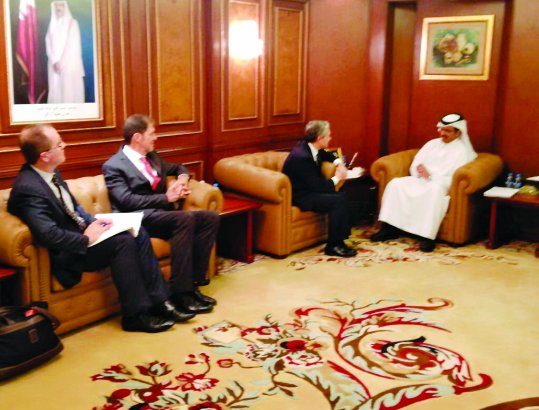
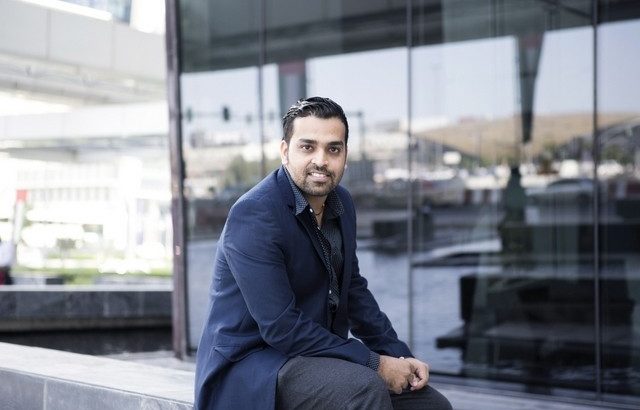
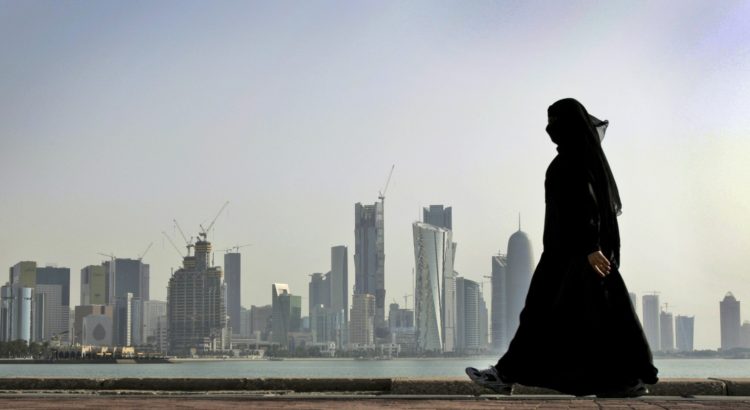

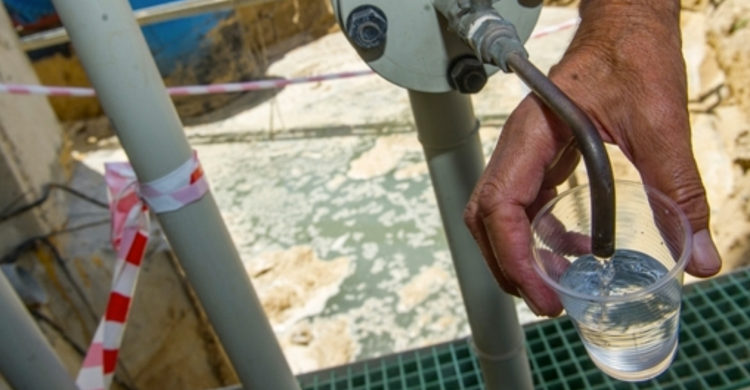
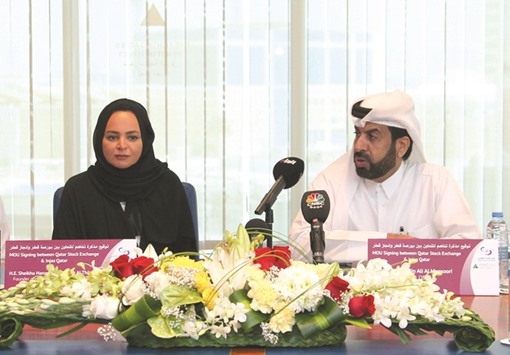







 Users Today : 50
Users Today : 50 Total Users : 35460181
Total Users : 35460181 Views Today : 70
Views Today : 70 Total views : 3418853
Total views : 3418853